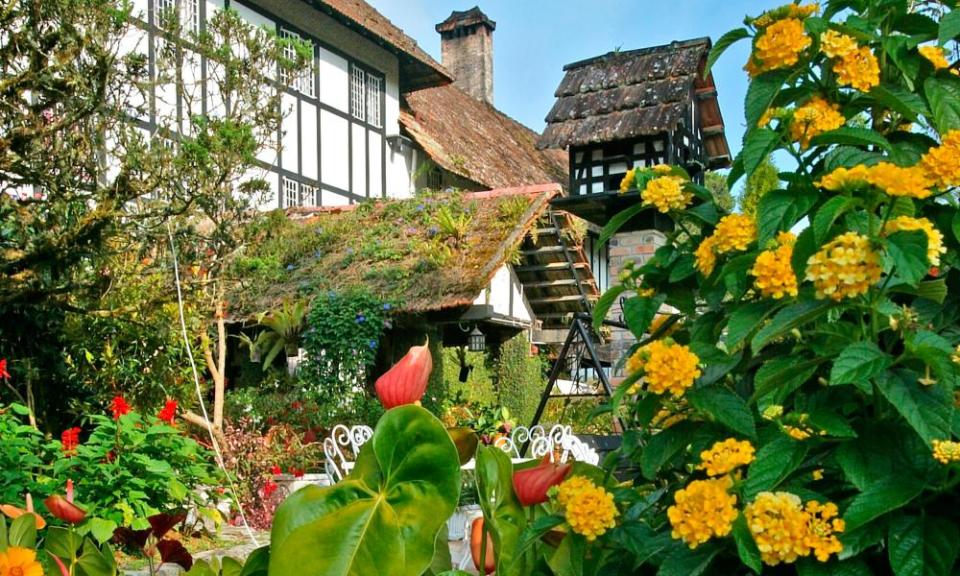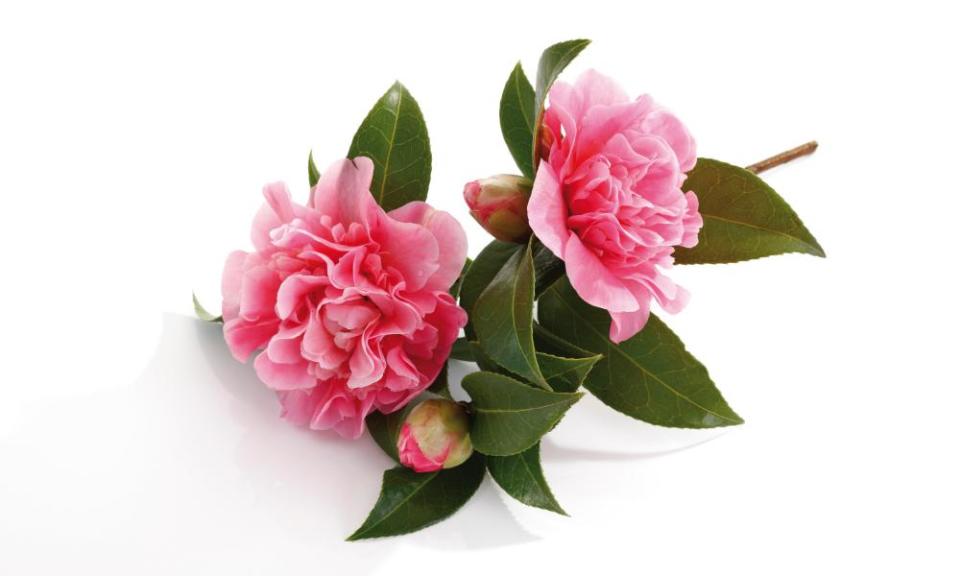How original is the great British garden?

“Britain has led the world in gardening for centuries” is a line often used dozens of times in gardening media. Judging by how frequently it has come up in TV scripts I have been asked to present, it seems to be a concept baked into the DNA of how British gardeners see the world and our place in it. It is a line I am uncomfortable saying.
Often, to be called a garden at all, designs must be made to fit our pre-existing cultural ideas
It’s not that I doubt the enormous influence UK horticulture has had, or that I mind a good bit of flag-waving now and then. My greatest gardening passions – terrariums and aquariums – are arguably two of a tiny handful of uniquely British contributions to the horticultural world. But this “led the world” narrative can only be made if one is very selective about the evidence. If your view of “the world” of horticulture is projects in countries with a history of British colonialism, when the British Empire was at its height, then the narrative works brilliantly. But this quickly becomes a self-fulfilling prophecy, and the only types of gardens we regard as worth considering are the ones that follow our model of what gardens “should” be.
Often, in order to be called a “garden” at all, designs must be made to fit our pre-existing cultural ideas. It’s rather like saying Britain has “led the world” in language when you only speak English. Sure, it’s enormously popular, and that’s greatly reinforced if you live in a world that self-selects for hearing it, but does that make it true?
This Anglocentric world view means that when I have filmed in Malaysia on garden design, producers have made an enormous effort to find the few remaining outposts of colonial British horticulture: going to highland retreats, filming extended sequences in mock Tudor houses; but showing far less interest in the village herb and forest gardens in the lowland tropics – which are unlike anything else in the world. When I pitch magazine pieces on the incredible high-rise “sky parks” and multi-storey living walls in 21st-century Singapore, I am asked to include more US, European and Australian examples, often more “historic” ones that are more “relevant” to readers.
Even when making documentaries on Japanese gardens, rather than exploring the industry of nurseries dedicated to growing moss (considered a weed in British horticulture) including dozens of named cultivars we instead have to film subjects such as camellias which, frankly, could have been shot in Cornwall.

This subconscious filtering process works like a social media algorithm, to remove novel or unconventional ideas that challenge perceptions of what gardens are, presenting us with a vision of the world that matches our prejudices. For a creative form, this is a dangerous path.
The UK is brilliant at food, fashion, music and art because of its successful magpieing of ideas from across the globe. And the golden age of British gardens between the 18th and 19th centuries came about because we voraciously absorbed what were often considered shocking international influences and made them our own. In seeking to celebrate these historical achievements while glossing over their origins we undermine the very process that led to that era of innovation.
When we say, “Britain has led the world in horticulture for centuries”, often all we are really saying is that the only type of gardening that counts is British. To me, that’s the opposite of world-leading.
Follow James on Twitter @Botanygeek

 Yahoo Finance
Yahoo Finance 